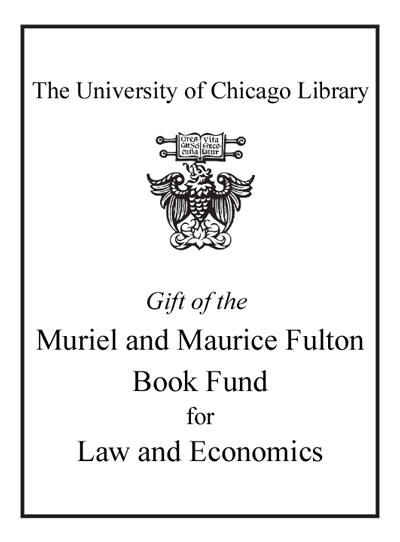Review by Booklist Review
The statistics are staggering: more than 80,000 injuries from firearms annually, nearly 20 children shot every day in the U.S., 34,000 gun-related deaths, 16-million new weapons sold every year. How did America get to be a nation fixated on firearms? Why is the Second Amendment so sacrosanct, and can it be properly interpreted by the courts and the court of public opinion? In this precise primer on firearms practices and policies, progressive talk-show host Hartmann examines the history of routine gun usage and extreme gun violence and assesses the influence of gun ownership on contemporary political, economic, and social norms. He demonstrates how the Founding Fathers were confounded by the complexities of both personal and national defense and how the precise wording of the Second Amendment was written and revised to reflect that conundrum. Hartmann also illustrates how, in more contemporary times, institutionalized racism, corporate complicity, legal skulduggery, and marketing wizardry create unassailable protections for an increasingly virulent gun culture. A brief but powerful analysis of a searing national crisis.--Carol Haggas Copyright 2019 Booklist
From Booklist, Copyright (c) American Library Association. Used with permission.
Review by Publisher's Weekly Review
In this lucid but partisan treatise, Hartmann (The Crash of 2016), a nationally syndicated progressive radio host, dismisses the conventional wisdom that the Second Amendment was intended as a bulwark against an overreaching government. He contends that it was actually intended to serve two purposes: ensuring the continued existence of colonial "slave patrols"--state-sanctioned militias that hunted escaped slaves--and to prevent a standing army, which Thomas Jefferson believed was a threat to democracy that could only be remedied by a Swiss-style citizen militia. Hartmann follows this analysis with a passionately argued indictment of America's gun culture, which he identifies as the source of mass shootings and white supremacist violence. He criticizes current trends in the U.S. that facilitate gun culture, among them excessive money in politics (which allows gun manufacturers outsize political influence), a wrongheaded Supreme Court, and growing inequity in general, which 40 studies link to increased rates of violence in a society. Hartmann's proposed solutions include laws requiring "smart guns" that only fire for an authorized user, bans on semiautomatic weapons, and diminishing racial inequality (and therefore violence) through integration, reparations in the form of affirmative action, and better educational opportunities for African-Americans. This lucid but decidedly radical polemic will probably not convince those who disagree, but it will speak to progressives. (June)
(c) Copyright PWxyz, LLC. All rights reserved
Review by Booklist Review
Review by Publisher's Weekly Review

